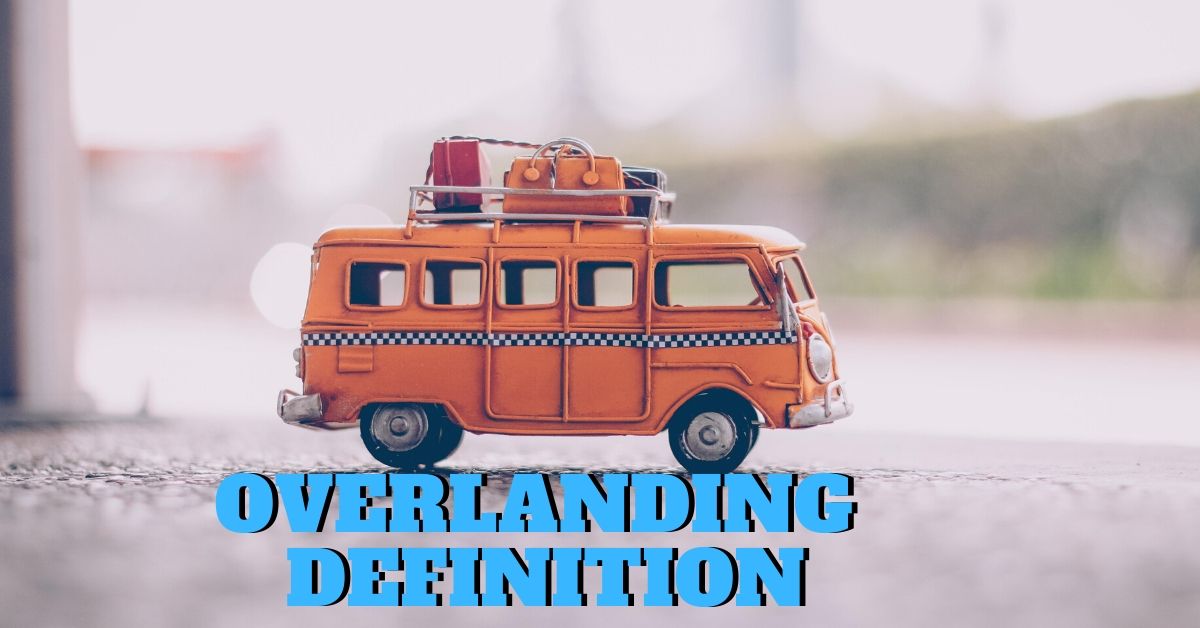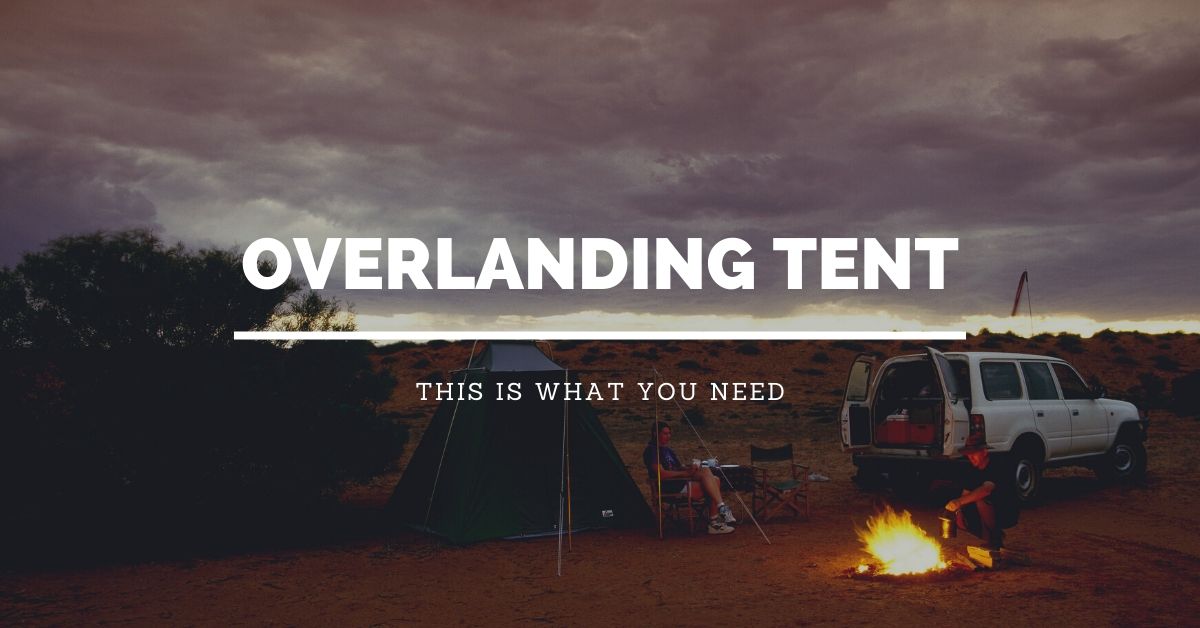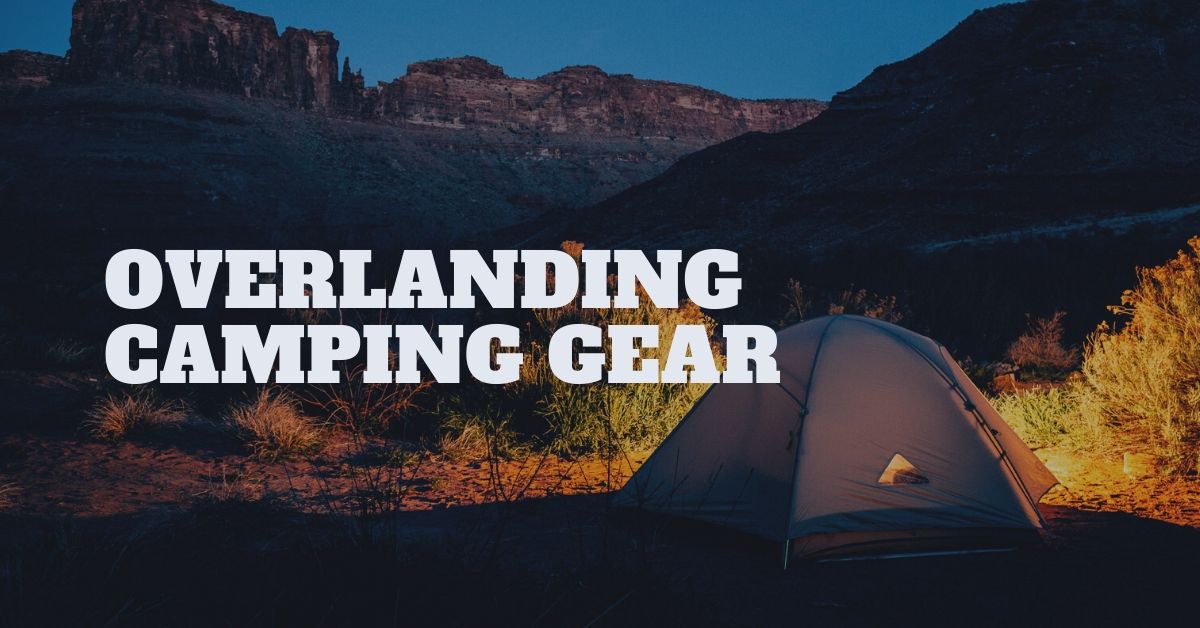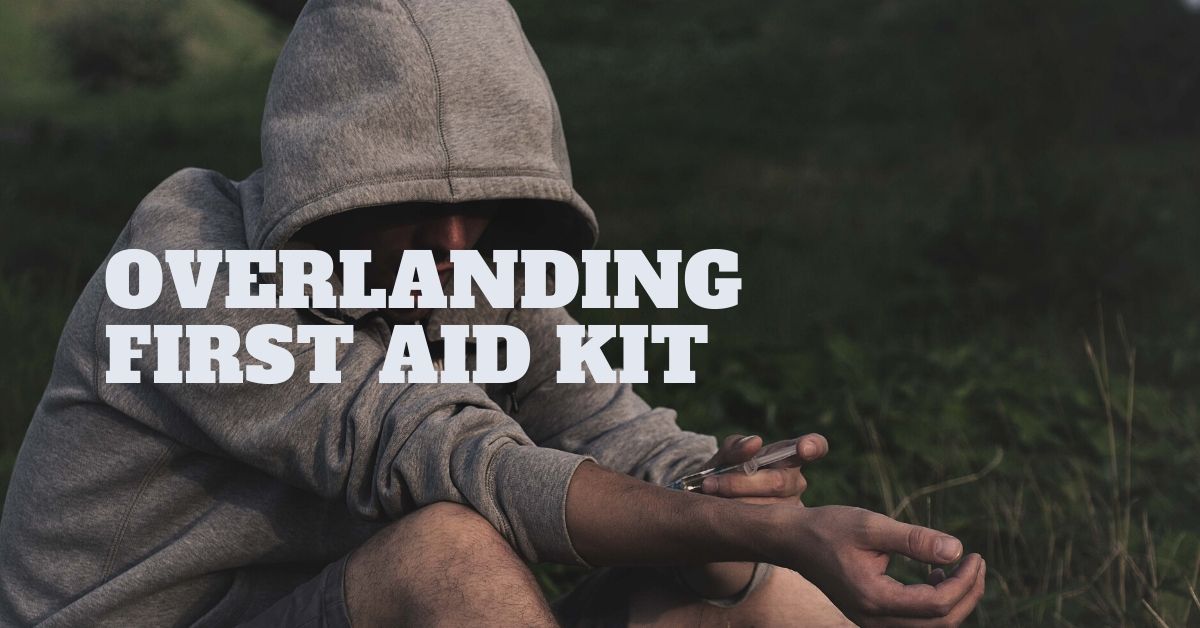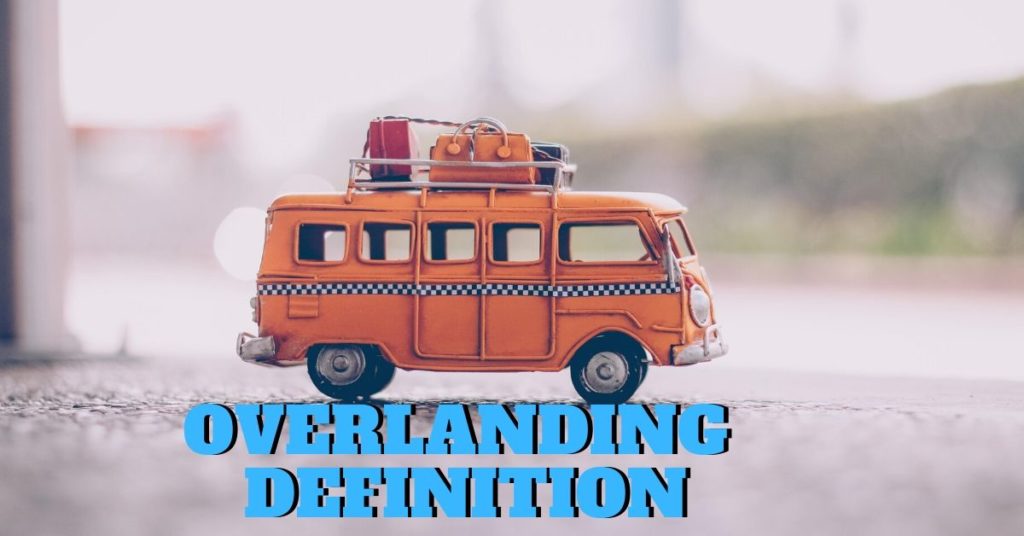
Although there are many different definitions for overlanding, from a few feet away, they are all the same. Here are some attempts to define it.
From Wikipedia: Overlanding is self-reliant overland travel to remote destinations where the journey is the principal goal. Typically, but not exclusively, it is accomplished with mechanized off-road capable transport (from bicycles to trucks) where the principal form of lodging is camping, often lasting for extended lengths of time (months to years) and spanning international boundaries.
From Overland Journal: Overlanding describes self-reliant adventure travel to remote destinations where the journey is the primary goal. Typically, but not exclusively, accommodated by mechanized off-highway capable transport (from bicycles to trucks) where the principal form of lodging is camping; often lasting for extended lengths of time (months to years) and often spanning international boundaries. While expedition is defined as a journey with a purpose, overlanding sees the journey as the purpose.
From Expedition Portal: Overland(ing): Vehicle-supported, self-reliant adventure travel, typically exploring remote locations and interacting with other cultures.
From Overland Bound: Overlanding is self-reliant overland travel to remote destinations where the journey is the principal goal.
So in a nutshell, Overlanding seems to be using a vehicle for non-essential travel where the journey is as important as the destination. But Overlanding is also defined by what it is not. So in the quest to understand overlanding, you could contrast it with nearby activities like off-roading. Overland Discovery attempts to categorize and define similar activities as:
- OVERLANDING: vehicle-supported, self-reliant adventure travel to remote destinations, where the journey is the primary goal. Your vehicle is the primary mode of transportation and living, and all gear and supplies that you need are carried with you. Overland vehicles are typically built out to accommodate living from the vehicle, a set-up that usually is not compatible with extreme off-roading, four-wheeling, and rock-crawling due to balance and weight loads
- OFF-ROADING: travel on unsurfaced roads or tracks or over natural terrain. This may include extremely rugged terrain that involves four-wheeling or rock-crawling. Off-roading encompasses a wide spectrum of driving conditions, from unsealed dirt, gravel, and forest roads, to driving completely off roads over natural terrain.
- FOUR-WHEELING: driving off-road, typically in four-wheel drive. Typically done with some form of all-terrain vehicle (ATV), utility terrain vehicle (UTV), or other truck/Jeep/vehicle with an appropriate build-out. Extreme four-wheeling can include vehicles with roll cages and other specialized features. Smaller ATVs and UTVs such as four-wheelers and buggies are often the most popular choice for four-wheeling.
- ROCK CRAWLING: an extreme form of off-road driving that typically includes travel over very rugged terrain including boulders, large rocks, and other obstacles. Often requires very specialized, highly-modified 4WD vehicle build-outs to handle the terrain. Due to its extreme nature, in addition to requiring highly modified vehicle build-outs, rock crawling also requires specialized terrain knowledge and driving skills and is not an activity to be undertaken by novice rugged terrain drivers.
